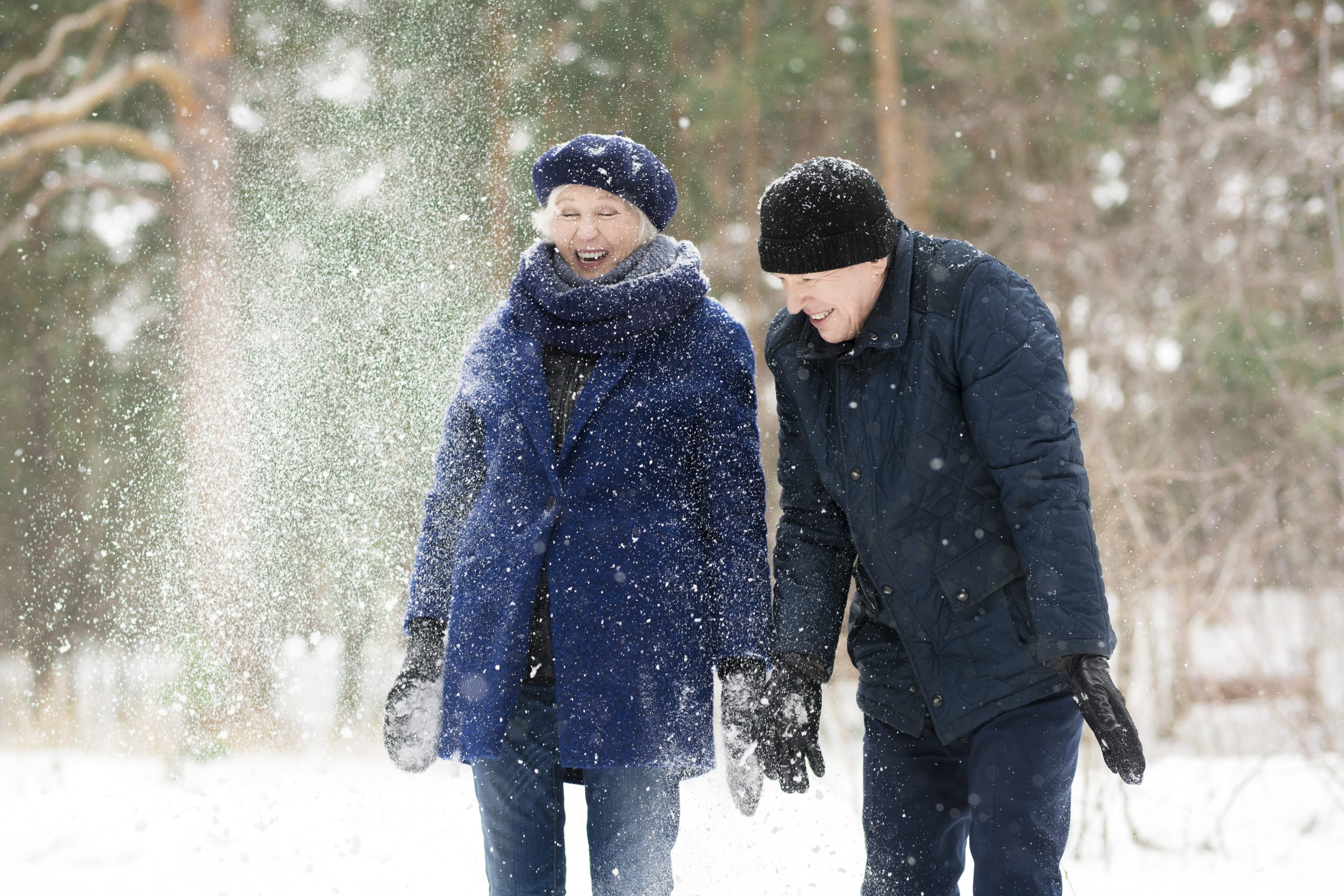Not only was January a dismal month for world stock markets, it was heartbreaking for certain of the country’s workers who suddenly found themselves —in the dead of winter— without a job. Canadian Pacific Railway announced the layoffs of 1,000 people. Potash Corp is mothballing its mine in New Brunswick, terminating 400 good jobs. More than 14,000 have already lost their jobs in oil-related industries in Alberta.
Postmedia, the largest newspaper conglomerate in the country, amalgamated newsrooms in Vancouver, Calgary, Edmonton and Ottawa by handing out pink slips to 90 journalists. Next came Rogers Media, announcing the layoffs of 200 workers in its legacy media operations. The century-old Guelph Mercury newspaper is shutting down with another 26 people facing unemployment. Large and small companies are feeling the pinch.
Sadly, the list of the unemployed, in good full time jobs, is growing. There are many factors, but the most evident is the plummet in the price of a barrel of oil. Coupled with the falling Loonie, prospects for the Canadian oil-based economy aren’t good. Even though a falling dollar makes our exports cheaper, the manufacturing sector has been decimated by years of the high Loonie, off shore technological advances and an economic policy that focuses on resource extraction rather than innovation. It will take a Herculean effort to rebuild Canada’s manufacturing sector. Today we are a net importer of oil, sending crude south of the border for refining, only to buy it back with a currency conversion deficit.
The Globe and Mail reports that “David Doyle, a Toronto-based economist for Australian investment bank Macquarie, outlines a dire forecast for the domestic economy in his most recent presentation, Woe is Canada and the Landmine Loonie. The presentation forecasts a 59-cent (U.S.) Loonie, 2016 gross domestic product growth of 1.5 per cent – a full percentage point below the Bank of Canada’s estimate – and consumer demand well below consensus at an anemic 0.1 per cent.”
For those of us who have retired, and left the work force entirely, layoffs and the faltering economy does not directly threaten us with the loss of income. But there are other ramifications to consider.
First, if we’re depending on income from our investments rather than employment, we’re going to be mightily disappointed until markets recover. I’m still getting over the market crash of 2008-09, let alone last year’s drop in the TSX of 11.09 per cent yearly returns. That’s the worst year since 2008.
If we’re holding commodity shares in our portfolios, the disappointment is egregious. Two Canadian banks, the Royal and Scotia, perennially considered the safest of all holdings, have been downgraded by credit rating organizations and there are predictions that financial employees will ultimately experience layoffs.
Second, the Canada that depended on resource extraction as its main economic driver is over for now and without a bold new strategy to bolster innovation in our manufacturing, environmental and technology sectors, we’re reduced to investing in the same old basket of stocks, or ETFs, that follow indexes, that so far this year, are going nowhere but south.
Third, those of us who remain in the workplace for part-time or freelance work to supplement our income from pensions and savings are vulnerable. We’re the last hired and first fired. When businesses downsize, part-timers are the first ones to go.
Fourth, travelling out of country is costly. With the Loonie hovering around 70 cents (U.S.) and with expert predications that it and the price of oil will continue to fall, wintering in the South is becoming an unattainable luxury. My thinking is to make my house as comfortable as it can be for winter. But, there are other ways to beat the winter blues. Friends of mine spend January and February enjoying the mild climate on the Gulf Islands off British Columbia. Others are becoming more active between December and April, venturing out to cultural events, taking long walks, finding indoor swimming pools to exercise, or just making sure you don’t become housebound.
Fifth, is the price of consumer goods. For those living on a tight budget, rising prices at the checkout counter are playing havoc with the budget. Yesterday I was shopping at Wal-Mart, where cauliflowers are selling for $7.99 and asparagus for $9.00 a pound. Not only was there drought in California, but the low Loonie is compounding the cost of the fresh fruit and vegetables we’re accustomed to enjoying throughout the year. Big tickets items manufactured in the U.S. will be equally expensive, so I’m not even going to look at those. In the meantime, I’ve decided to cook squash, turnips, sweet potatoes, onions and cheaper cuts of meat and chicken this winter. Cooking from scratch is not only healthy, it’s economical. An aromatic stew simmering on the stovetop for hours is just as satisfying as an expensive steak served with designer vegetables, or so I tell myself.
Fifth, and this may be the most worrisome, is how our grown children will manage this economic transformation. Although Canadian unemployment is hovering around 7 per cent across the board, anyone under 24 searching for work, is facing an unemployment figure of 14 per cent. Over the next decade more than 1-billion young people worldwide will enter the global labour market, and only 40% will be working in jobs that currently exist, estimates the World Bank.
How Millennials piece together a patchwork quilt of income-generating work, offered without pensions or long-term job security, will depend on individual initiative. Saving the down payment for a house will be equally challenging, if not more so.
Families will be called upon to contribute, and without a doubt, that will put a dent in our retirement savings. What we’ll need to consider is how best to support our kids, without severely undermining the retirement we worked toward for decades. Our own homes, in many cases, constitute our nest eggs, and unlike stock market investments, home values have not faltered, but continue to grow. In Toronto and Vancouver, homes purchased for $50,000 in the 1970s can be worth more than $1-million today –and are still climbing– even in this economy.
Aging in place in these homes, enjoying familiar neighbourhoods filled with friends, family, and activities is something most retirees cherish.
There are other ways to help our kids without “selling the farm,” such as unlocking the wealth in our homes with a reverse mortgage, or assuming a line of credit on our property, or co-signing loans with our offspring. Each solution carries its own benefits and risks and should be investigated thoroughly .
If we wish to protect our assets, a thoughtful way forward is to encourage our children to the take risks after they’ve benefitted from a cutting edge education and to use learning to think creatively, to pave the way to a much less rapacious way of benefiting from our commodity blessed country and more from invention, ingenuity and stewardship of our resources. Long term planning works for governments and corporations just as well as individuals, and the time couldn’t be better for everyone to spend some time re-charting the map to the future.































